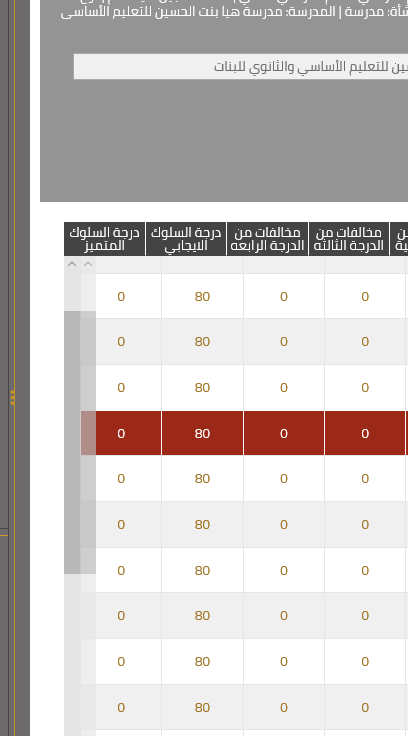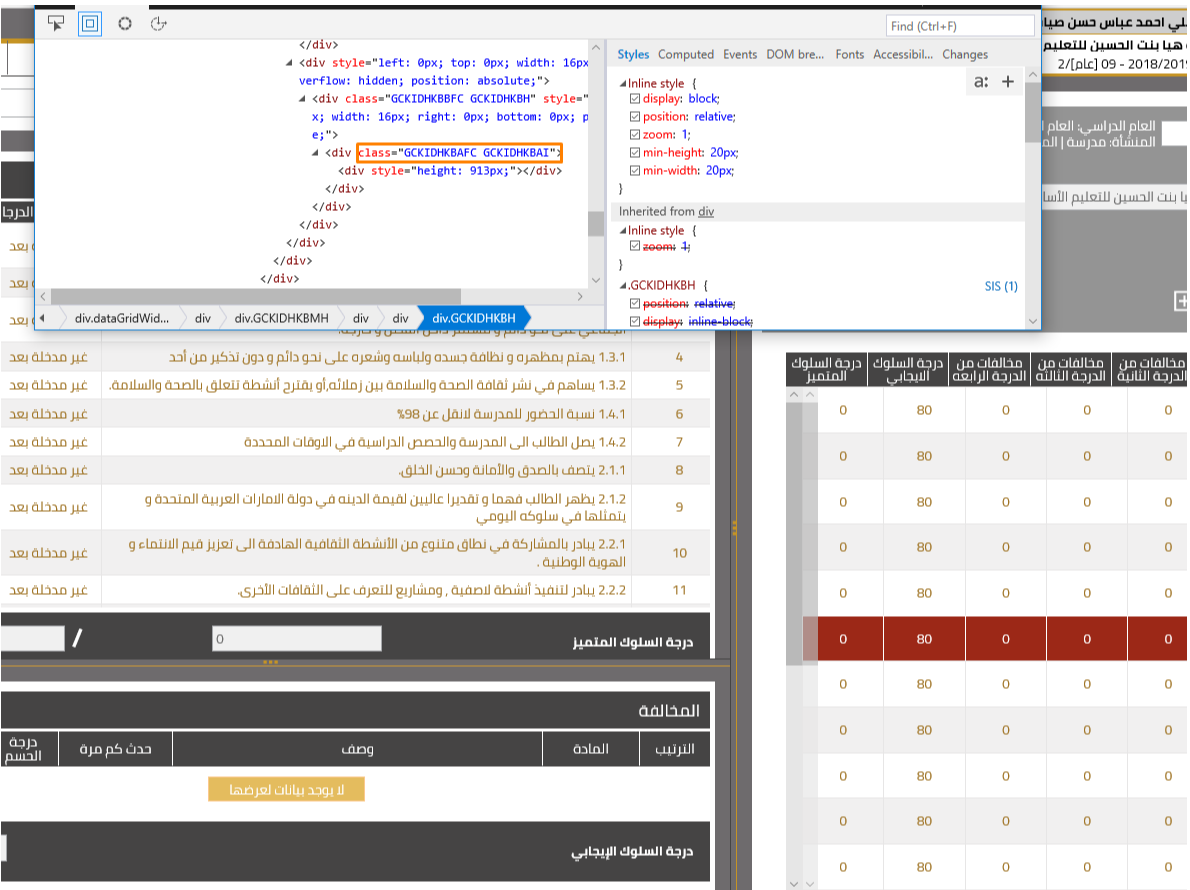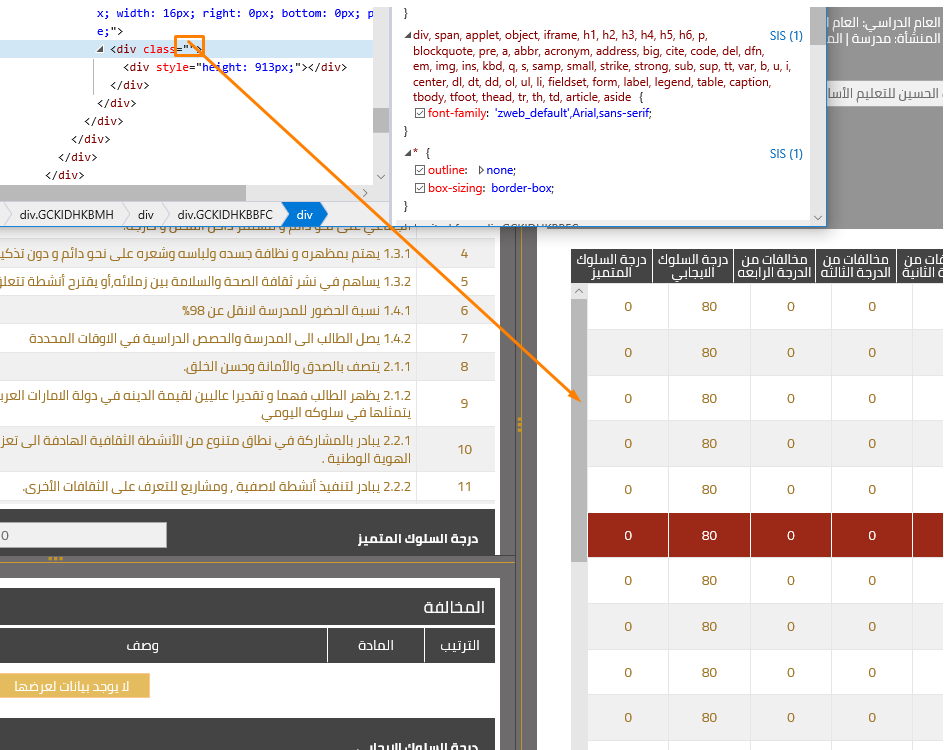Most of "GWT 3.0" is two distinct pieces - the build tooling, and the ecosystem/libraries. The build tooling starts with J2CL and Closure-Compiler, both produced by Google and shared via their github organization, and the community is building on this to produce a maven plugin which can run these as efficiently as possible (remembering of course that starting with "maven" means there's only so much you can do there). If you want to start with bazel, j2cl's hello world will get you started.
The second part is the ecosystem, the various libraries and frameworks that exist today that work in GWT2 that we know and love/hate. First, understand that both GWT2 and j2cl support the JsInterop spec, though there are a few small differences in how they deal with some of the particulars, mostly to do with how GWT2 is itself something of a build system, whereas J2cl is engineered to behave like javac, and live within a larger build system. So, many of the packages and classes found in gwt-user.jar have already been rewritten to use JsInterop instead of JSNI, and are in the process of being migrated to their own git repos at
github.com/gwtproject/, and published to sonatype-snapshots, then maven central. Other ecosystem projects are either being updated or overhauled to be able to work outside of the world of GWT2 - here are too many examples to name briefly here.
Please note that almost all of these intend to be compatible with both GWT2 and J2CL at the same time, which blurs the line of "what is GWT3" - the goal is to make it as boring as possible to migrate from one to the other, as you aren't rewriting with an entirely new toolkit, just changing which compiler produces your highly optimized output. When you look at the migration headaches that are going to happen, our goal is to make almost all of them take place before adding J2CL to the mix, as com.google.gwt dependencies are removed and replaced with their org.gwtproject counterparts. The point here being, you can be "ready for j2cl" without moving to it, by adopting the updated versions of the classes that live in gwt-user.jar.
Similarly, GWT2 and J2CL share JRE emulation, with the exception of a few classes like Object, Class, Enum, Throwable.
--
Colin Alworth
colin@colinalworth.com
On Sat, Apr 4, 2020, at 12:33 PM, Käpt'n Körk wrote:
Hey there, as a GWT addict I am wondering, if GWT is finally dead? Any search for GWT 3.0 or similar results in ancient announcements of coming GWT versions - and that's it. Quite depressing, given that we are maintaining and further developing a couple of well designed GWT apps too conplex to re-implement in a recent technology. Any uplifting reply would be greatly appreciated.
--
You received this message because you are subscribed to a topic in the Google Groups "GWT Users" group.


